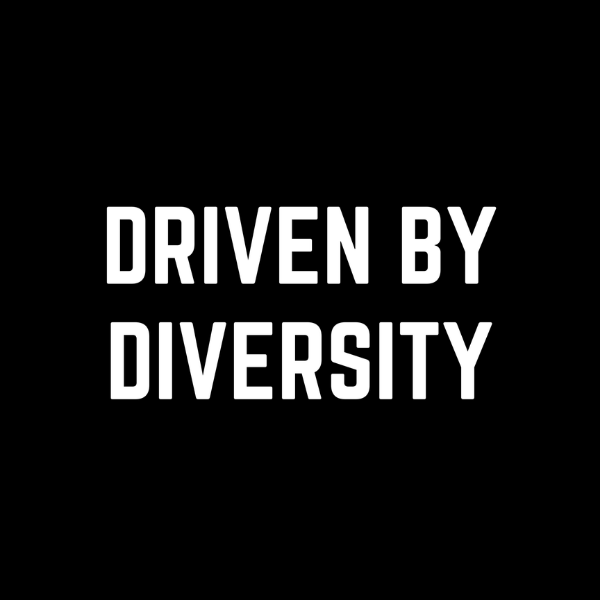Vadim Pritulyak and Sergei Kariakin, Dakar Rally alumni hailing from opposite sides in the Russo-Ukrainian War, crossed paths when they entered Saturday’s Abu Dhabi Baja Challenge. Upon finding out Kariakin was in the field, Pritulyak opted not to start the race in protest.
Pritulyak was to compete in the T4 category while Kariakin raced in the SxS Pro class, where he finished second behind Andreas Borgmann.
After the full-scale invasion of Ukraine in February 2022, the FIA implemented measures that forbade drivers from Russia and allied Belarus from entering races under their sanction unless they agreed to condemn the war and to not have their respective country’s flag and insignia on vehicles and gear; in place of the latter, they can race with a licence from another nation or under a neutral FIA emblem. The FIM, meanwhile, enforces a total ban that will remain in place for 2024.
Although the Abu Dhabi Baja Challenge is organised by the Emirates Motorsports Organization, an FIA member club, they gave Kariakin the green light to race. The ADBC is a developmental rally raid series in the United Arab Emirates and does not have as much FIA involvement as international races like the EMSO’s Abu Dhabi Desert Challenge, which is part of the World Rally-Raid Championship. Kariakin used his own licence from the Russian Automobile Federation to register and is therefore listed in race documentation with his own nationality rather than a substitute country, though his Can-Am Maverick—which was prepared by the Dubai-based Big Red Adventure Tours—does not contain any identifying marks. Pritulyak filed a complaint to the FIA to question if Kariakin’s entry contradicted their rules.
“Yesterday, I received a licence to participate in international competitions from the Automobile Federation of Ukraine as well as permission to participate in the Abu Dhabi Baja Challenge, which was supposed to take place today, and it was successfully completed. But yesterday, on the way to the bivouac, I found out that athletes from the aggressor country will participate under the licence of their country and under its flag,” began Pritulyak. “I decided not to take part in this race despite having prepared for it for a very long time.
“Right then and there, they asked me, ‘What’s the difference? Just race.’ There is a difference for me. People openly supporting their so-called ‘special military operation’ are participating with me in the same competition as me. ‘What’s the difference?’ Russian planes flew over me, launching rockets at targets, civilian targets. My friends Volodymyr Chepovyi and Volodymyr Nezhynskyi were killed in the first months of the war. Shells and shrapnel from rockets hit the homes of my friends. Two shells hit our warehouse of goods and the warehouse was destroyed. ‘What’s the difference?’ My mother, 86 years old, sat with a candle, without water, wrapped in clothes, and we were told that it was all nothing, and only military targets were being shelled.
“So why the hell are they shelling someone else’s territory?”
Both drivers have stood by their respective countries during the war. Kariakin rarely comments on it besides the occasional vanilla statement of patriotism, but is a supporter of Russian President Vladimir Putin who ran for a seat in the Legislative Assembly of Sverdlovsk Oblast in 2021 as part of the United Russia party and led Putin’s birthday parade in Yekaterinburg last year. He ardently opposes the FIA’s Russian policies, which he regards as discriminatory and an unnecessary overlap between sport and politics, and unsuccessfully wrote a letter to FIA President Mohammed Ben Sulayem requesting it be lifted.
Since most countries’ motoring federations follow the rule, Kariakin was unable to race outside of Russia for the past two years before EMSO let him run Abu Dhabi. Last spring, he tried to enter the Taklimakan Rally in China, who has fostered friendly relations with Russia, but was denied due to the Chinese Automobile and Motorcycle Federation abiding by the FIA; even if the CAMF upholds the ban for the 2024 edition, the RAF-sanctioned Silk Way Rally—which Kariakin won in 2023—will go through China and neighbouring Mongolia for the first time since 2019.
In response to Pritulyak, Kariakin stressed that he “came (to the UAE) for sports, for a fair victory! The Emirates Federation was the first to not be afraid and allowed me to start!” He plans to continue racing in the country with Big Red under the Big Red Racing banner.
Pritulyak is the ambassador for SKARLAT, an Emirati-headquartered Ukrainian manufacturer that builds side-by-side vehicles to transport resources and evacuate wounded troops from the frontlines. In October, he fielded a SKARLAT 1000 in the Spanish Cross-Country Rally Championship’s Rallye TT Cuenca for himself and Sergey Romanovsky, a former Ukrainian paratrooper who lost his leg battling pro-Russian forces in the Donbas in 2014; his SKARTLAT-XTRM Team also brought Olexandr Gonzul, whose left arm and right leg were lost in combat in 2022, to be the navigator of another car. For 2024, the team hopes to expand their programme to include rounds of the FIA World Baja Cup along with bussing Ukrainian war veterans to the races as fans.
Whether to allow Russian and Belarusian athletes in international sporting events is a highly contentious debate. Many global sport federations initially placed bans akin to the FIM’s though some have since been relaxed, drawing condemnation from Ukraine and friendly countries. In December, the International Olympic Committee announced Russians and Belarusians will be allowed to join the Summer Olympics in July as “Individual Neutral Athletes” provided they meet certain stipulations, which Ukraine and Russia both harshly criticised for different reasons.
Kariakin won the 2017 Dakar Rally in the Quad category while Pritulyak previously raced the Dakar on a bike from 2009 to 2011. In 2014, Pritulyak led a team of Russian racers and Ukrainian mechanics at the Abu Dhabi Desert Challenge to promote peace and unity in the months following Russia’s illegal annexation of Crimea. Of course, with fighting still happening almost a decade later and the Russian “special military operation” now over 700 days long, this message has not exactly held up.



